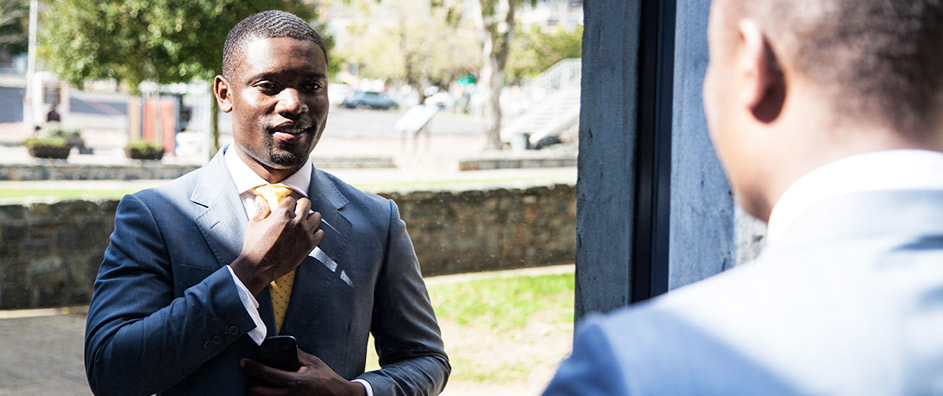The pursuit of fame, honor, and dignity often resonates like a symphony within the corridors of human aspiration. These concepts are frequently intertwined, yet they exhibit distinctive attributes that shape our self-evaluation. This article endeavors to illuminate the profound implications of these ideals through the lens of Bahá’í teachings, inviting readers to engage in a contemplative exploration of self-worth.
Understanding Fame: The Double-Edged Sword
Fame can be perceived as a captivating mirage—a shimmering reflection of public validation that can either elevate one’s spirit or lead to profound disillusionment. On one hand, fame can symbolize societal recognition, a badge of honor that implies achievement and influence. On the other hand, it can metamorphose into a relentless pursuit fraught with superficiality. In the Bahá’í context, the essence of fame is not merely the accolades amassed but the intention behind one’s actions. Authenticity—a core tenet of the Bahá’í faith—proclaims that true fame should stem from serving humanity and fostering unity, rather than seeking notoriety for its own sake.
Honor: The Essence of Character
Honor embodies the quintessence of an individual’s character. It transcends ephemeral accolades and delves into the moral fiber that weaves our interactions with others. Honor reflects our ability to adhere to principles of integrity, justice, and compassion, establishing a foundation upon which self-evaluation should occur. Bahá’í teachings encourage adherents to let honor guide their actions, propelling them toward a life of purpose and altruism.
In the pursuit of honor, one must navigate the tempestuous waters of self-reflection. Questions arise: What do we truly value? Are our actions aligned with our beliefs? Navigating this internal landscape requires a commitment to honesty and a willingness to engage in self-critique. Each individual must assess their motivations—are they rooted in fear, ambition, or a genuine desire to contribute positively to society? The Bahá’í teachings elucidate that honor, when pursued with noble intentions, cultivates an environment conducive to personal and communal growth.
Dignity: The Inherent Worth of the Individual
Dignity is a cornerstone of the Bahá’í worldview, emphasizing the innate worth of every human being. This notion invites individuals to evaluate themselves not solely through the lens of achievement but also through recognition of their intrinsic value. Each person is a manifestation of the divine, deserving respect and reverence. Thus, self-evaluation should also incorporate an acknowledgment of one’s dignity, regardless of societal accolades or external validation.
The Bahá’í teachings assert that genuine dignity emerges from service and love toward others. This reflexive relationship between self-worth and the worth of others fosters a sense of interconnectedness. As individuals come to regard their own dignity, they naturally extend that recognition to others, creating a ripple of respect and honor throughout their communities. In this sense, the evaluation of oneself is profoundly tied to the collective, urging individuals to engage not in isolation, but as part of a greater tapestry of humanity.
Metaphorical Explorations of Self-Evaluation
Consider the metaphor of a garden—a place where diverse flora flourishes under the care of a diligent gardener. Each plant represents a facet of one’s character: fame, honor, and dignity intertwine like the roots, each supporting the other’s growth. The gardener’s diligence mirrors the introspective journey of self-evaluation; with each season, they must assess the health of the garden. Are the weeds of pride and vanity allowed to overrun the blossoms of integrity and compassion? Or does the gardener tend to the soil, ensuring fertile ground for virtue to bloom?
Through this allegorical lens, one can discern the need for balance. It is not enough to cultivate one aspect while neglecting the others. The gardener—not unlike the individual—must engage in a holistic practice, nourishing the self with humility, fostering a sense of honor, and respecting the dignity inherent in all.
Creating a Framework for Evaluation
Embracing the ideals of fame, honor, and dignity necessitates an intentional framework for self-evaluation. One may consider the following steps:
- Introspection: Engage in contemplative practices, such as meditation or journaling, to unearth motivations and aspirations.
- Establish Core Values: Identify and articulate the values that resonate most deeply, serving as guiding principles in decision-making.
- Seek Feedback: Surround oneself with trusted individuals who can provide candid insights and perspectives on one’s character and actions.
- Act with Intention: Ensure that daily actions are aligned with the values and principles established, promoting authenticity and integrity.
- Celebrate Growth: Acknowledge progress, no matter how incremental, recognizing that self-evaluation is an ongoing journey rather than an endpoint.
Conclusion: A Holistic Approach to Self-Evaluation
The intertwined concepts of fame, honor, and dignity serve as mirrors reflecting the intricate tapestry of human nature. The Bahá’í perspective encourages individuals to evaluate themselves through a lens of authenticity, service, and interconnectedness. By embracing these teachings, one can navigate the complexities of self-worth, finding balance amid the allure of fame and the steadfastness of honor and dignity. In essence, self-evaluation becomes a lifelong endeavor—one that embodies the spirit of continuous growth and a commitment to nurturing both the self and the world around us.
